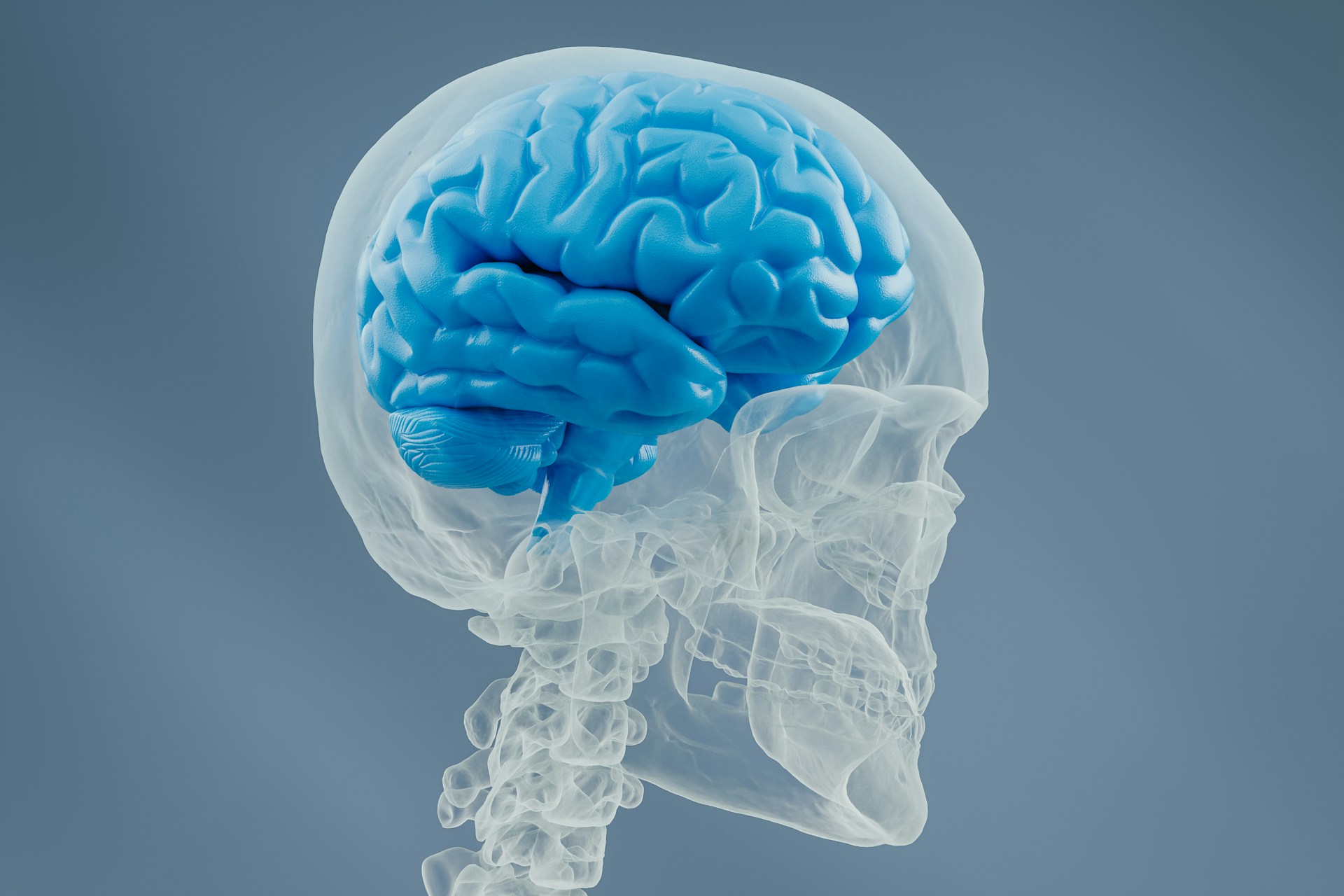What’s the Gut-Brain Connection All About—and Why Should You Care Right Now? Your Second Brain, Decoded
If you’ve ever had a “gut feeling” about something, you’re already more in tune with the gut-brain connection than you think. But this isn’t just some poetic way to talk about intuition. There’s real science here. Your gut has its own nervous system—called the enteric nervous system—that communicates directly with your brain. Together, they’re like your body’s group chat, constantly sharing updates on how you’re feeling physically and emotionally.
And let’s be real: we’ve all heard about how what you eat affects your body, but the way your gut influences your mood, sleep, and mental health is next level. If you’re still brushing this off as just another wellness buzzword, it’s time to lean in. Because the connection is real—and it’s begging for your attention.
When Stress Hits, Your Gut Feels It
You’re rushing through your day, juggling a million things, and then bam—your stomach starts doing gymnastics. It’s not random. Stress doesn’t just live in your head; it shows up in your gut, too. Think of it like this: your brain sends out stress signals, and your gut catches them, often resulting in bloating, cramps, or just feeling off.
This isn’t a one-way street, though. Your gut has the ability to send stress signals back to your brain, creating a feedback loop that can leave you stuck in an endless cycle of anxiety and physical discomfort. That’s why gut health and anxiety are so intertwined—it’s all connected in ways that are hard to ignore once you notice them.
Ignoring these signals won’t make them go away. It’s like hitting snooze on an alarm. The noise will just come back louder later.
What You Eat Is Writing Your Story
You know the saying “You are what you eat”? Well, your gut microbiome—the trillions of bacteria living in your digestive system—might agree. These microbes are like the unsung heroes of your health, influencing everything from digestion to immunity to how you process emotions.
When you feed your gut junk, the balance of these bacteria gets out of whack, and your whole system feels the strain. The food you eat literally shapes the messages your gut sends to your brain. Junk food? That’s like sending a spam email. Whole, nutrient-dense food? That’s the heartfelt text that makes someone’s day.
This doesn’t mean you have to ditch everything fun about eating—balance is key. But if you’ve been feeling sluggish, foggy, or just “off,” it might be time to take a hard look at what’s on your plate.
The Game-Changer You Didn’t Know You Needed
Here’s where it gets real. If you’re serious about tapping into the gut-brain connection, there’s one thing you can’t skip: gut health supplements are essential because they fill in the gaps your diet might miss. Even if you’re eating well, modern life has a way of throwing curveballs—stress, lack of sleep, environmental toxins—that can disrupt your gut’s delicate balance.
But let’s get one thing straight: this isn’t about popping a magic pill and calling it a day. It’s about supporting your body in a way that’s intentional. Gut health supplements work behind the scenes, restoring balance, boosting your microbiome, and helping your gut communicate better with your brain. It’s like giving your internal group chat a software update—smoother, faster, and way more effective.
If you’ve been holding out, thinking you don’t need this, consider how much time you’ve already spent feeling less than great. It’s not about trends—it’s about feeling like the best version of yourself.
Small Shifts, Big Wins
The best part of prioritizing your gut-brain connection? The ripple effects are massive. When your gut’s in a good place, your mood improves, your energy levels stabilize, and even your sleep can get better. Suddenly, that foggy, meh feeling that’s been following you around starts to lift.
Making changes doesn’t have to mean a complete lifestyle overhaul. Maybe it’s adding a few more fiber-rich foods to your meals or carving out time to manage stress (hello, five-minute breathing exercises). Or maybe it’s finally giving those gut health supplements a shot.
Whatever your entry point, the impact can be felt in ways that go beyond your stomach. It’s your whole body, your whole vibe, leveling up.
Let’s Wrap This Up
The gut-brain connection isn’t just an interesting fact to file away—it’s a wake-up call. The way you treat your gut matters, not just for your digestion but for your mood, energy, and overall quality of life. If you’ve been putting off taking action, this is your sign to start. Small changes can lead to big results, and your body will thank you for it.
This isn’t just about wellness trends or the latest buzz. It’s about you, your health, and the kind of life you want to live. So, what’s your next move?
